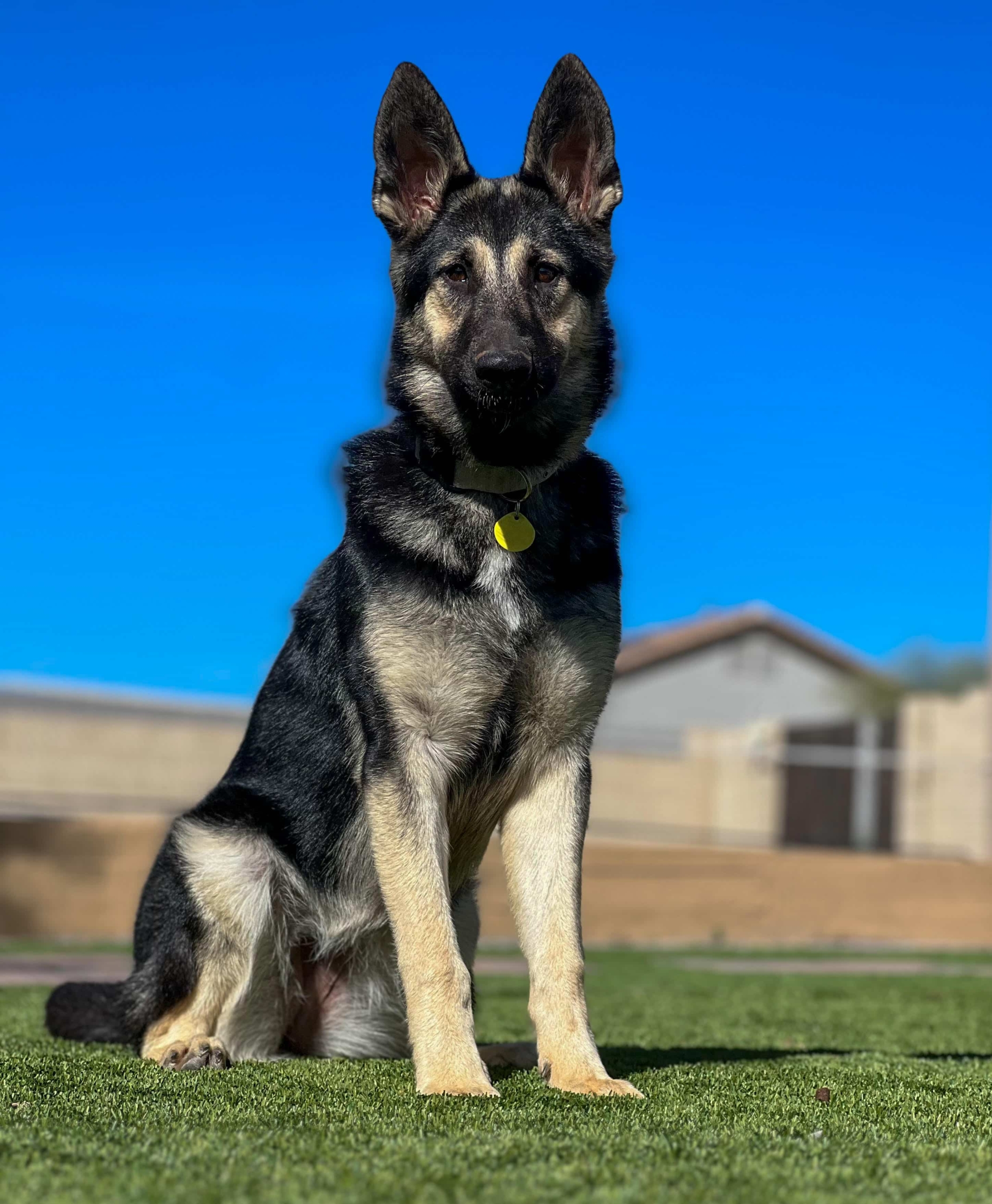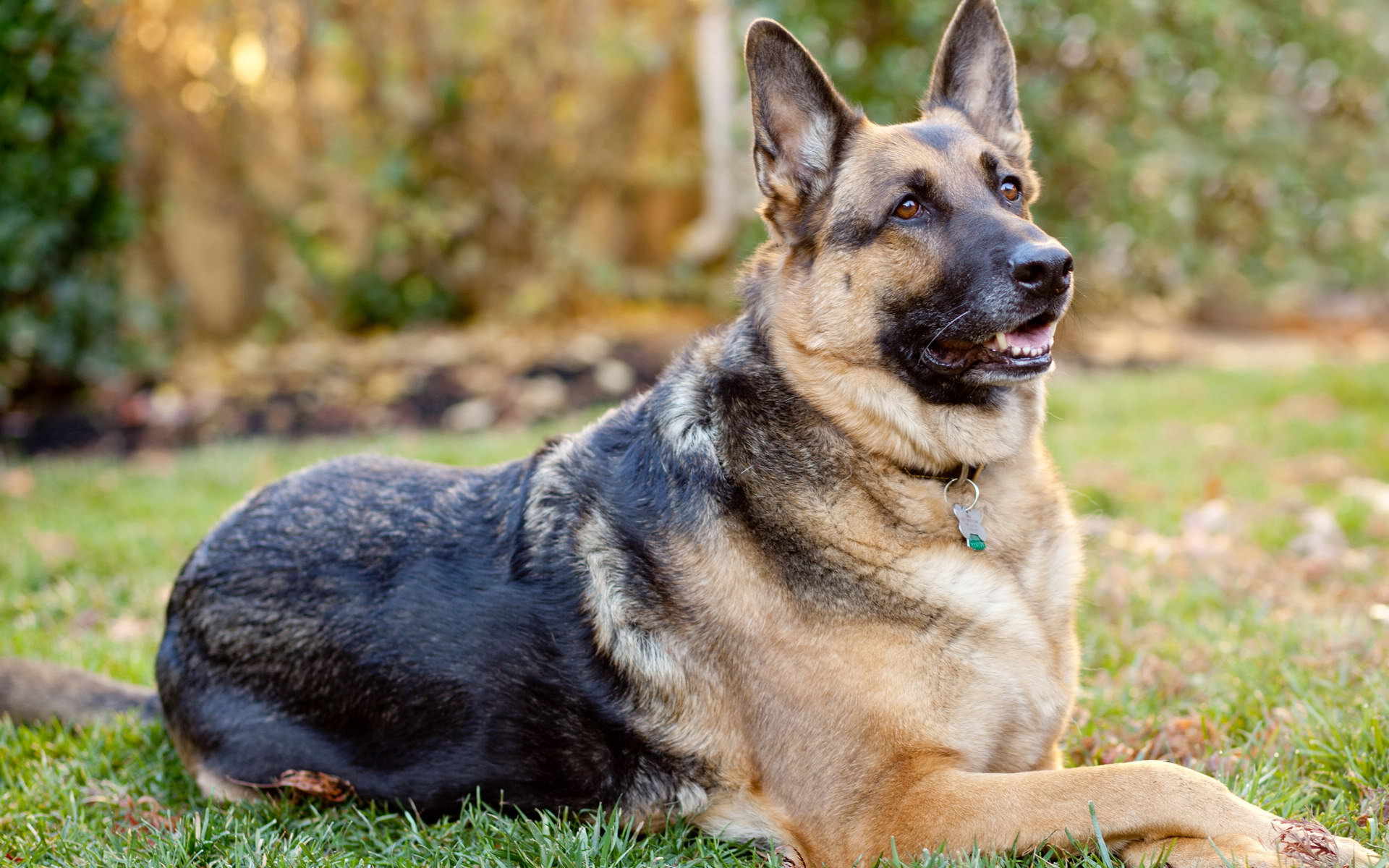The Protective Nature of German Shepherds: A Complex and Nuanced Trait
Thesis Statement
The protective nature of German Shepherds is a multifaceted and often misunderstood trait, influenced by a combination of genetics, training, and environmental factors. Understanding the complexities of this behavior is crucial for responsible ownership and fostering harmonious relationships between these dogs and their human companions.
The Genetic Foundation
German Shepherds, a breed originating from Germany, are renowned for their exceptional protective instincts. This trait is deeply rooted in their genetic makeup, as they were originally bred to guard livestock and protect their human handlers. The breed's strong work ethic, intelligence, and loyalty make them ideally suited for protection roles.
The Role of Training and Socialization
While genetics play a significant role, training and socialization are equally important in shaping the protective behavior of German Shepherds. Proper training can enhance their natural instincts, teaching them to respond appropriately to potential threats. Early socialization, exposing them to a variety of people, animals, and situations, helps them develop a well-balanced temperament and prevents excessive protectiveness from becoming a problem.
Environmental Influences and Reinforcement
Environmental factors can also influence the protective nature of German Shepherds. Dogs that live in unstable or dangerous environments may become more protective as a means of self-preservation. Additionally, positive reinforcement, such as treats or praise, can reinforce protective behavior, leading to an escalation in this trait.
The Paradox of Protection and Aggression
The protective nature of German Shepherds is often seen as a virtue, yet it can also be a source of concern if it manifests as aggression. Aggression can arise when a dog perceives a threat to its owner or territory and responds with excessive force. It is crucial to distinguish between appropriate protective behavior and aggression, which can be dangerous and unacceptable.
Responsible Ownership and Prevention of Aggression
Responsible German Shepherd ownership involves understanding and managing their protective instincts. Owners should provide their dogs with adequate training and socialization to channel this behavior appropriately. Avoiding reinforcement of excessive protectiveness, providing a safe and stable environment, and seeking professional guidance if aggression becomes a concern are essential for ensuring safe and healthy relationships between German Shepherds and their owners.
Perspectives on Protective Behavior
Different perspectives exist on the issue of protective behavior in German Shepherds. Some proponents view it as an inherent and valuable trait, while others express concerns about the potential for aggression and the need for responsible ownership. It is important to engage with these diverse perspectives and foster a balanced and informed understanding of the topic.
Scholarly Research and Expert Opinions
Research and expert opinions provide valuable insights into the protective nature of German Shepherds. Studies have shown that German Shepherds are more likely to exhibit protective behaviors towards their owners compared to other breeds. However, responsible training and socialization are emphasized as key factors in shaping this behavior positively.
News Articles and Media Coverage
News articles and media coverage often portray German Shepherds as aggressive and dangerous dogs. While some cases of aggression do occur, it is important to recognize that these represent a small fraction of the breed population. Responsible ownership and proper training are crucial for preventing aggression and ensuring the safety of both dogs and the community.
Conclusion
The protective nature of German Shepherds is a complex and multifaceted trait that involves a combination of genetics, training, and environmental factors. Responsible ownership and effective management are essential for channeling this natural instinct appropriately and fostering harmonious relationships between these dogs and their human companions. Understanding the nuances of protective behavior and preventing aggression are crucial for ensuring the safety and well-being of both German Shepherds and the community at large.
Why Cane Corsos Are Great For Large Homes
Why Cane Corsos Are Perfect For Active Households
Beagles And Their Incredible Sense Of Smell: Fun Facts



:strip_icc()/breed-profile-german-shepherd-dog-1117967-e671f6a1707042ca86b13081e75792c2.jpg)